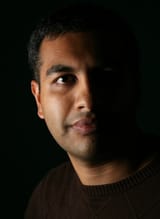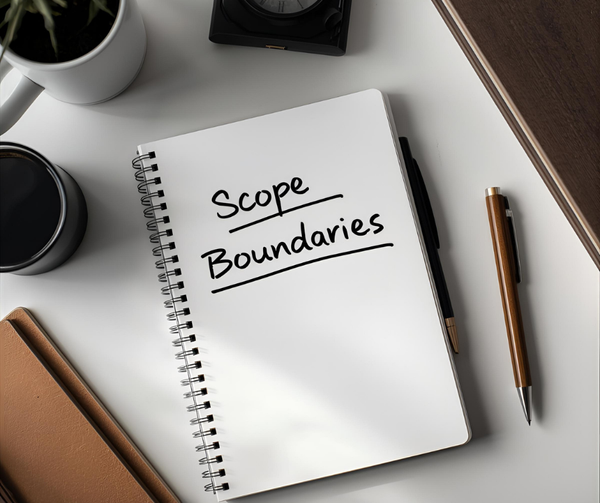Being Bored and Beating Digital Distractions
Breaking free from digital distractions is hard. Here’s how I’m learning to embrace boredom, reduce phone time, and be more intentional.

My daughter often complains that she’s bored and asks to go on her tablet. She wants distraction. I usually tell her, “It’s good to be bored.” Then I catch myself scrolling Reddit or checking news sites.
Recently, I watched this short You Tube video:
You Need to Bored. Here's Why
and it hit home. It explained why boredom is crucial — it’s when our minds process thoughts, emotions, and problems.
💌 Want more reflections like this? Subscribe to browngeek.net and get my latest posts on mindful tech use, parenting and productivity straight to your inbox.
This advice isn’t mine — I’ve read it from others and I’m just trying to implement it in my own life. Books like Stolen Focus by Johann Hari, Dopamine Nation by Dr. Anna Lembke, and Digital Minimalism by Cal Newport all say the same thing: we need time free of distractions to think clearly. And I’ve seen this myself — when I’m bored, I end up focusing on issues I’ve been avoiding. It’s uncomfortable, but necessary.
I’ve also just finished reading The Almanack of Naval Ravikant. Naval talks about sitting in silence for an hour every day — intentionally getting bored:
“Play long-term games with long-term people… and spend some time every day just sitting in silence and letting your mind settle.”
Distraction as a Crutch
Phones aren’t neutral tools — they can be crutches that help us avoid uncomfortable thoughts. They’re pocket slot machines — not draining our wallets, but draining our time.
Sometimes I grab my phone after something stressful — even when I’m with my kids. It’s not just killing time, it’s numbing. I want to model intentional behaviour for them, but it’s easier to reach for a screen than to sit with my thoughts.
This ties back to my previous post about distraction and job hunting: distraction isn’t neutral. It’s a choice — one that keeps us from thinking clearly.
📩 Join the conversation: I share more about my experiments with boredom, distraction and productivity with subscribers. Sign up here to get updates.
The Drop-Off Scene
A friend recently told me he limits his LinkedIn doom-scrolling to 30 minutes a day. That discipline made me think about a scene I saw recently:
A dad waiting during school drop-off, glued to his phone. His son on his own phone. Another kid on a laptop. Everyone physically together, but mentally somewhere else.
Do we judge them as bad parents — or feel sympathy because they’re just doing their best? I’ve been that parent. And I don’t want to just shrug and say, “That’s modern life.”
My Experiments in Being Bored
Here’s what I’ve tried to create more boredom (and fewer digital distractions):
- No phone in the first hour of my morning. I used to wake up and dive straight into emails and messages — instant stress. Now I start slower.
- Sleep mode at 9:00 PM. My phone locks most apps and switches to greyscale. Only meditation and reading apps are available.
- Silent walks — and no phone. I still enjoy music and podcasts, but not all the time. Sometimes I just walk and notice the world.
- No-phone zones. No scrolling in lifts, queues, while walking, or (yes) on the toilet.
- Weekly mini-digital detox. At least once a week, I stay off my phone, tablet, and computer for four hours.
Where I Still Struggle
Aimless scrolling — news sites, YouTube, Reddit, LinkedIn — is my weak spot. I’m getting better, but it’s a work in progress.
The difference now is intention. I’m trying to be deliberate about when and why I pick up my phone. If I’m doing something, I want to do it. If I’m doing nothing, I want to be in that nothing — not scroll it away.
I’m striving to either do something or do nothing — but not just scroll.
Your Turn
Are you also finding it hard to break free from your phone? What rituals, rules, or apps have helped you set boundaries — or embrace boredom?
🖊️ Before you go: If you found this post helpful, subscribe to browngeek.net so you don’t miss the next one. I write about mindful tech use, productivity, and balancing career and family.




